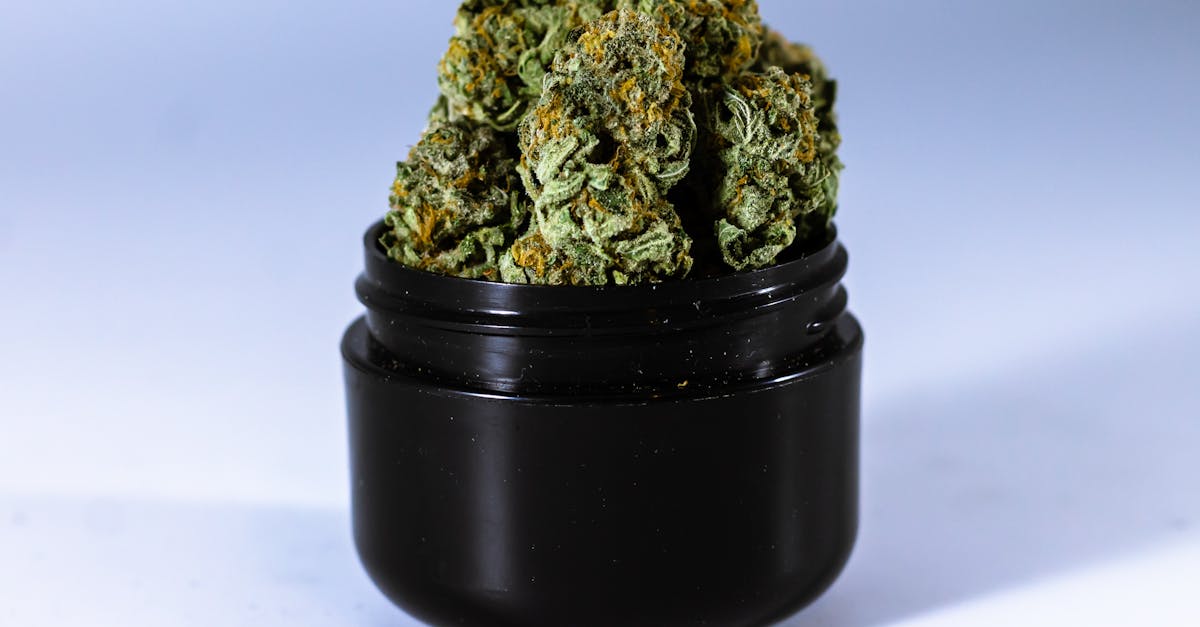Navigating the process of obtaining disability benefits for drug addiction can be challenging, but understanding the steps involved can make it much easier. This article outlines the critical steps you need to take to successfully apply for and secure these benefits.
| Step | Description |
|---|---|
| 1 | Understand Eligibility Criteria |
| 2 | Gather Medical Evidence |
| 3 | Consult with a Specialist |
| 4 | Complete the Application |
| 5 | Prepare for an Interview |
| 6 | Follow Up on Your Application |
| 7 | Seek Legal Assistance if Necessary |
Understand Eligibility Criteria
Before you begin the application process, it’s essential to understand the eligibility criteria for disability benefits related to drug addiction. The Social Security Administration (SSA) has specific guidelines that must be met. Generally, to qualify, you must demonstrate that your addiction significantly impairs your ability to work and perform daily activities. It’s important to note that benefits may not be granted solely for drug addiction unless it leads to other physical or mental health issues that severely limit your functioning.

Gather Medical Evidence
Compiling comprehensive medical evidence is crucial in supporting your disability claim. This includes documentation from healthcare providers detailing your diagnosis, treatment history, and how your drug addiction impacts your daily life. Relevant medical records, psychological evaluations, and any evidence of participation in rehabilitation programs can strengthen your case. Make sure to have consistent and thorough documentation that clearly outlines your condition and its severity.

Consult with a Specialist
Engaging with a healthcare specialist who understands substance use disorders can be beneficial. They can provide insights into your condition and help in documenting your medical history effectively. A specialist may also assist in creating a treatment plan that shows your commitment to recovery, which can positively influence the decision-makers reviewing your application. Their professional opinions can lend credibility to your claim, making it more robust.

Complete the Application
Filling out the application for disability benefits requires attention to detail. Ensure that you provide complete and accurate information regarding your drug addiction and its effects on your daily life. The application typically requires personal information, medical history, and details about your work history. Take your time to review all responses to minimize errors, as mistakes can lead to delays or denials of your claim.

Prepare for an Interview
If your application proceeds to the next level, you may be required to attend an interview. This is an opportunity for you to explain your situation in detail. Prepare by reviewing your application and being ready to discuss how your drug addiction affects your ability to work and function normally. Be honest and articulate your experiences clearly, as this interview can significantly impact the outcome of your claim.

Follow Up on Your Application
After submitting your application, it’s important to follow up periodically to check on its status. This can help you stay informed about any additional information the SSA may require or any updates regarding your claim. Being proactive in following up demonstrates your commitment and seriousness in seeking the benefits, and it can help expedite the process.

Seek Legal Assistance if Necessary
If you encounter difficulties during the application process or if your claim is denied, it may be wise to seek legal assistance. Disability attorneys specialize in these cases and can provide invaluable guidance. They can help you understand your rights, assist in gathering necessary documentation, and represent you in appeals if needed. Having a knowledgeable advocate can significantly improve your chances of a successful outcome.

FAQ
What types of evidence do I need to provide for my disability claim?
You will need to provide comprehensive medical documentation, including diagnosis, treatment history, and evidence of how your drug addiction affects your daily life and ability to work. This may include reports from doctors, therapists, and any rehabilitation programs you have attended.
Can I qualify for disability benefits if I am still using drugs?
In most cases, the SSA requires that your drug addiction has led to other impairments that significantly limit your functioning. If you are actively using drugs, it may complicate your claim, as the SSA focuses on the impact of the addiction rather than the addiction itself. It is advisable to seek treatment to improve your chances of qualifying.
How long does the disability application process take?
The application process can vary widely in duration. It can take several months to receive a decision, and if an appeal is necessary, it may take longer. Staying organized and promptly submitting any requested information can help expedite the process.
What should I do if my application is denied?
If your application is denied, you can appeal the decision. It is often beneficial to consult with a disability attorney who can help you understand the reasons for the denial and guide you through the appeals process effectively.
References:
– [Social Security Administration](https://www.ssa.gov)
– [Substance Abuse and Mental Health Services Administration](https://www.samhsa.gov)




